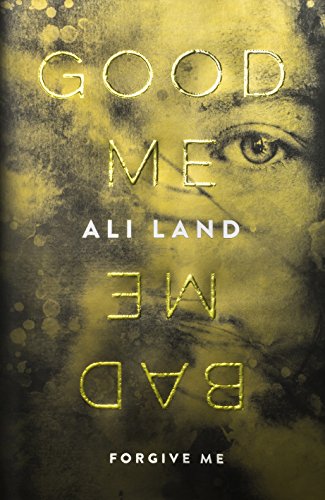Setagaya ward, Tokyo
Inspector Kosuke Iwata, newly transferred to Tokyo’s homicide department, is assigned a new partner and a secondhand case.
Inspector Kosuke Iwata, newly transferred to Tokyo’s homicide department, is assigned a new partner and a secondhand case.
Blunt, hard as nails and shunned by her colleagues, Assistant Inspector Noriko Sakai is a partner Iwata decides it would be unwise to cross.
A case that’s complicated – a family of four murdered in their own home by a killer who then ate ice cream, surfed the web and painted a hideous black sun on the bedroom ceiling before he left in broad daylight. A case that so haunted the original investigator that he threw himself off the city’s famous Rainbow Bridge.
Carrying his own secret torment, Iwata is no stranger to pain. He senses the trauma behind the killer’s brutal actions. Yet his progress is thwarted in the unlikeliest of places.
Fearing corruption among his fellow officers, tracking a killer he’s sure is only just beginning and trying to put his own shattered life back together, Iwata knows time is running out before he’s taken off the case or there are more killings . . .
*********
I’m not sure if it is coincidence or whether I am subconsciously travelling the world via new titles but recently I have read novels set in Australia, New Zealand, South Africa and now Japan (and the next one on my reading list is set in India!)
I heard about Blue Light Yokohama via an email and the description intrigued me, especially since the book was inspired by true events.
Inspector Kosuke Iwata had been signed off work for a while and on his return is transferred to Tokyo’s Homicide Department. He is allocated a new partner, Noriko Sakai, and given a secondhand case where a Korean family of four had been murdered in their own home, complicated by the fact that the original investigator had committed suicide a few days earlier.
It soon becomes clear that both Iwata and Sakai have their own issues. Snippets of Iwata’s troubled, painful, past are slowly revealed. Sakai comes across as hard but efficient. She doesn’t mix with her colleagues and some of them try to give her a hard time.
When they start investigating the brutal murders it looks like there could have been a ritualistic element to them but no real clues.
When more cases turn up, Iwata thinks they may have a serial killer, but they get little support from the bosses. Apart from the Korean family, there just doesn’t seem to be anything linking the victims. As they investigate further Iwata deals with bullying, corruption, incompetence and his own demons. It also appears that someone is out to destroy his career.
Nicolás Obregón sets a wonderful scene and although I have never been to Tokyo, I felt a sense of being there, even the bleak places.
It’s quite a complex story because of the references to Iwata’s recent past, and also his childhood/adolescence, as well as the present, but I found I was able to follow it. Initially I had some trouble with the unfamiliar Japanese names and places but you get used to that. I liked the ending and for me it was a real page-turner.
Is it different to any other police procedural/crime thriller set somewhere else? Yes, I believe it is. I felt I got a glimpse of some aspect of Japanese life. Whether it is an accurate portrayal, I don’t know, but it makes for a good debut novel.
My thanks to NetGalley and the UK publishers Penguin UK – Michael Joseph for an advance copy.




